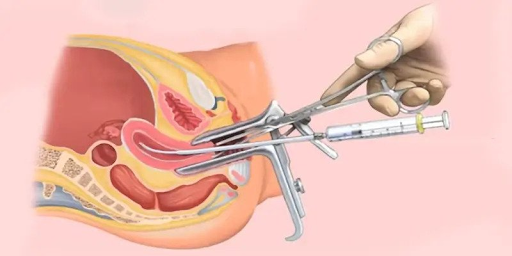After failing to conceive on your own, you decide to see a respective doctor at a fertility clinic in your locality such as Bangalore. After interacting with you, conducting physical examinations, and going through the reports of the recommended tests, your doctor recommends you to have IUI treatment. As you get such a recommendation, you try to know all about this treatment, including IUI cost in Bangalore. To educate you, keep reading this post.
What is IUI?
IUI stands for intrauterine insemination, which is a type of artificial insemination. In this treatment process, fertility experts insert thoroughly washed and thawed sperm into your uterus on or just before ovulation.
Why do doctors recommend it or it is done
A couple’s ability to have a conception depends on a number of factors. Intrauterine insemination is most commonly used in couples who:
-
- Donor Sperm – For women who need to use donor sperm to get pregnant, IUI is most commonly used to achieve pregnancy. Frozen donor sperm samples are taken by certified laboratories and thawed prior to the IUI procedure.
- Unexplained Infertility – IUI is given as a first-line treatment for unexplained infertility, often in combination with ovulation-inducing drugs.
- Infertility associated with endometriosis – For infertility related to endometriosis, the use of drugs to obtain quality eggs along with IUI is often the first line of treatment.
- Male factor of mild infertility – Analysis of your partner’s semen, which is one of the first steps in a medical evaluation for infertility, may show a below-average sperm concentration, poor sperm movement (motility), or abnormal sperm size and shape (morphology). IUI can address some of these issues. This is because preparing sperm for the procedure helps to separate normal, highly mobile sperm from low-quality sperm.
- Cervical factor of infertility – The cervix, at the lower end of the uterus, provides an opening between the vagina and uterus. During ovulation, the mucus produced by the cervix provides an ideal environment for sperm to move from the vagina to the fallopian tubes. However, if the cervical mucus is too thick, it may be difficult for sperm to pass through. The cervix itself can also prevent sperm from reaching the egg.
- Scarring from a biopsy or other procedure can thicken the cervix. IUI places sperm directly into the uterus, bypassing the cervix, and increases the number of sperm that can meet waiting eggs.
- Infertility Ovulation Factor IUI can also be done in women who have infertility due to problems with ovulation, including no ovulation or reduced egg count.
- Semen allergy – Rarely, an allergy to proteins in semen can cause infertility. Vaginal ejaculation causes redness, burning, and swelling of the area where the sperm come into contact with the skin. Condoms can protect against symptoms, but they also prevent pregnancy. In cases of high sensitivity, IUI may be effective because it removes many sperm proteins before injecting the sperm.
Suggest to Read:- IUI Success Rates – What You Need To Know
IUI Treatment Process
Your doctor will ask you to lie on the examination table and put your feet in stirrups. Your healthcare provider will insert a speculum into your vagina similar to what you would experience during a Pap smear. During the procedure, the doctor or nurse will:
- Attach a healthy sperm sample vial to the end of a long, thin, flexible tube (catheter). A sperm sample is inserted into the uterus through the uterine
- tube.
- Remove the catheter and then remove the speculum after the procedure.
- After correction, lie on your back for a while. After the procedure, you can change clothes and go about your daily life. You may have some spotting for a day or two after the procedure.
Results
Wait 2 weeks before taking a home pregnancy test. Testing too early can result in:
- False negative – If your pregnancy hormone levels have not yet reached a measurable level, the test result may be negative even if you are actually pregnant.
- False positive results – If you take an ovulation inducer such as hCG, the drug that keeps circulating in your body may indicate that you are pregnant when you are not actually pregnant.
Your doctor may recommend a return visit approximately two weeks after receiving the results of your home blood test kit, which is more sensitive to detecting pregnancy hormones after fertilisation. If you do not become pregnant, IUI can be tried again before starting other infertility treatments. Often, the same regimen is used for 3 to 6 months to maximise the chances of getting pregnant.




